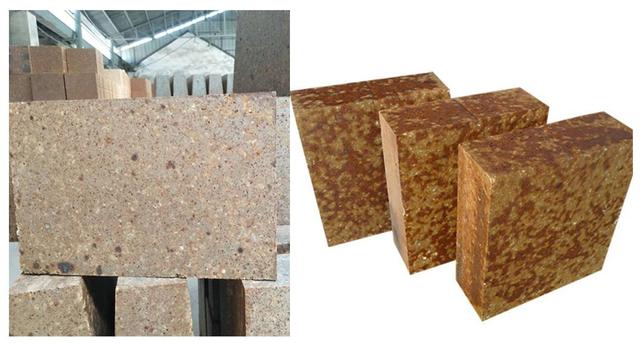- 28
- Oct
Silica brick for glass kiln
Silica bricks are widely used in glass furnaces, and their main component is silicon dioxide (SiO2). Silica bricks for glass kilns require a silica content of more than 94%, a maximum operating temperature of about 1600-1650°C, and a density of 1.8-1.95g/cm3. The higher the porosity, the worse the quality of the silica brick. The appearance of silica bricks is mostly white crystals, and its microscopic composition is tridymite crystals. Because silicon bricks will undergo crystallization transition and volume expansion at high temperatures, especially at 180-270°C and 573°C, the crystallization transition is more intense. Therefore, in order to adapt to the crystalline transformation of silica bricks during baking and cold repair, appropriate measures should be taken, such as loosening and pulling the tension bar. Expansion joints should be reserved for silicon brick masonry.
The working temperature of silica bricks is about 200℃ higher than that of clay bricks, but the silica bricks have poor corrosion resistance to molten glass and alkali flying materials, so they are used for arches, parapets and small furnaces. When masonry, it is advisable to use high-silicon refractory mud or silica brick powder as the cementing material.

